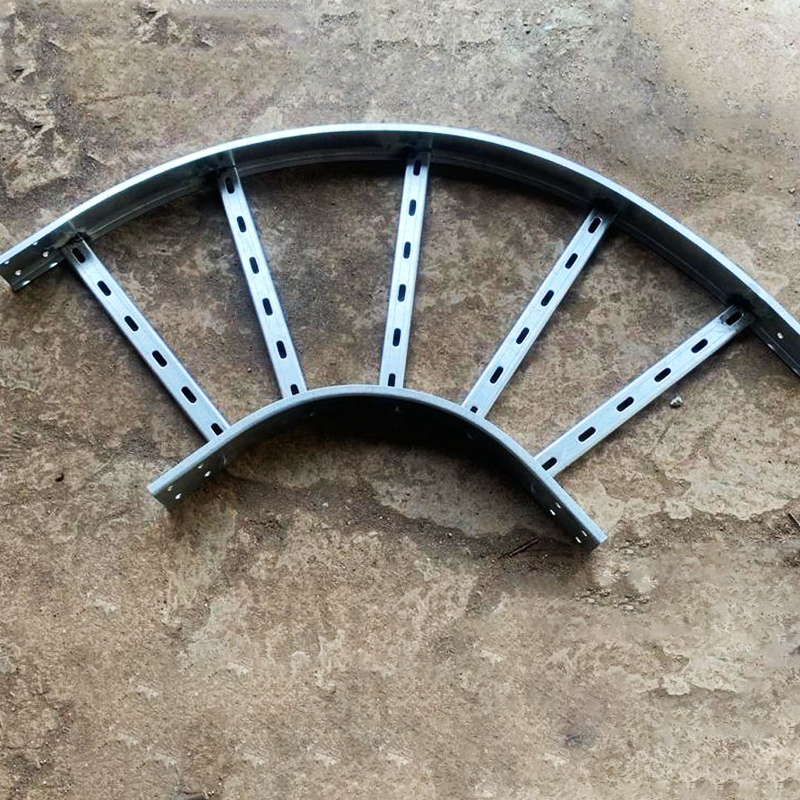CablesWire
Insulating electrical Cables and Wires offers multiple benefits, including enhanced safety, protection against short circuits and environmental factors, improved performance, and compliance with electrical codes.
Benefits of Insulating Electrical Conductors
Electrical safety
Insulation provides a protective barrier between the electrical conductor and its surroundings, minimizing the risk of electric shock. It helps prevent accidental contact with live wires, reducing the potential for injuries and fatalities.
Protection against short circuits
Short circuits occur when two or more conductors come into direct contact, causing an excessive current flow. Insulation prevents short circuits and associated risks like fires, equipment damage, and electrical system failures.
Thermal insulation
Electrical insulation materials often have good thermal properties. They can withstand high temperatures, which is especially important in high-power applications or when the wires are close to heat-emitting components.
Electrical noise reduction
When wires are not adequately insulated, electromagnetic waves can be emitted, causing interference with nearby electronic devices or other sensitive equipment. Insulation reduces the emission of these waves and provides shielding against external electromagnetic interference.
Improved performance and efficiency
Insulating wires and cables can enhance electrical performance and efficiency. It helps maintain the integrity of the electrical signals by minimizing losses due to leakage, capacitance, or inductive effects. Insulation also prevents energy losses through the conductor, improving the overall efficiency of electrical systems.


